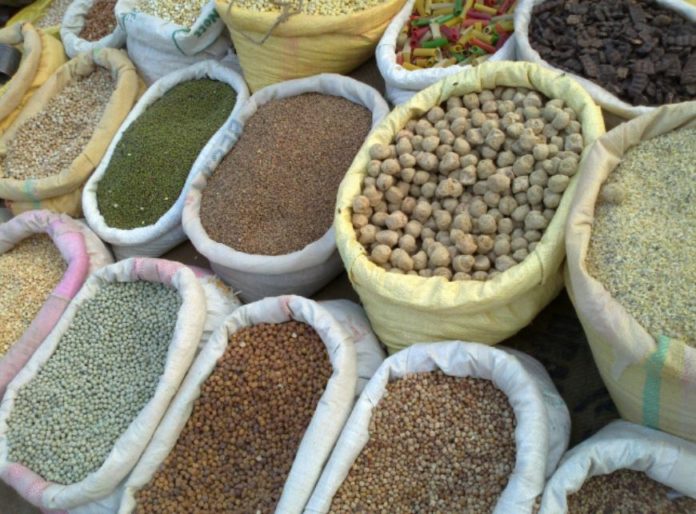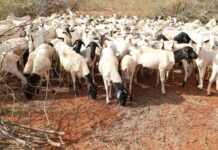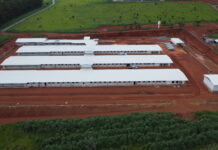Producer prices of maize, soya bean, traditional grains and sunflower in Zimbabwe are set to go up. Publicity and Broadcasting Services Minister Monica Mutsvangwa, said Cabinet approved the producer prices after a presentation from Lands, Agriculture, Fisheries, Water and Rural Development Minister Dr Anxious Masuka.
According to him, farmers will make a profit of at least 15% and so ensure that they are viable and will push productivity. The prices and profits promote sustainable growth as Government takes significant steps to boost agricultural productivity and ensure food self-sufficiency by making it clear that farmers can make a living.
The new floor producer prices for maize and traditional grains have been set at $75 000 per tonne, up from $58 553 for maize and $70 263,90 for traditional grains set earlier. For soya beans, the floor producer price has been set at $171 495, up from $125 530,17, while the price for sunflower is now $205 794,52 a tonne, up from $150 686,20.
Farmer viability
“Cabinet noted that in order to maintain farmer viability and profitability, there is need to review the prices for maize, traditional grains, soyabean and sunflower so that they are in sync with existing economic realities. A good price that promotes sustainable growth of a particular value chain is that which allows the farmer to realise at least a 15% profit margin,” said Dr Anxious.
Explaining the reasons for reviewing the producer prices, Minister Masuka said Government had taken note of the change in economic fundamentals particularly in respect of increases in fertiliser prices due to geo-political developments which have seen global fertiliser prices rise
“The Covid-19 pandemic, climate change, as well as geo-political conflicts, have disrupted global supply chains for grain and agricultural inputs, with the resultant price escalations highlighting the need to intensify local production,” she said.
Cabinet noted that the main objective of the next summer programme was to sustainably increase crop and livestock production through implementation of critical strategies such as ensuring that crop and livestock production conformed to appropriate agro-ecological regions, acceleration of the climate proofing Pfumvudza/Intwasa programme through training plus the inclusion of agro-chemicals and water retention enhancers in input packages, and timely provision of fertilisers, seed and tillage services.








